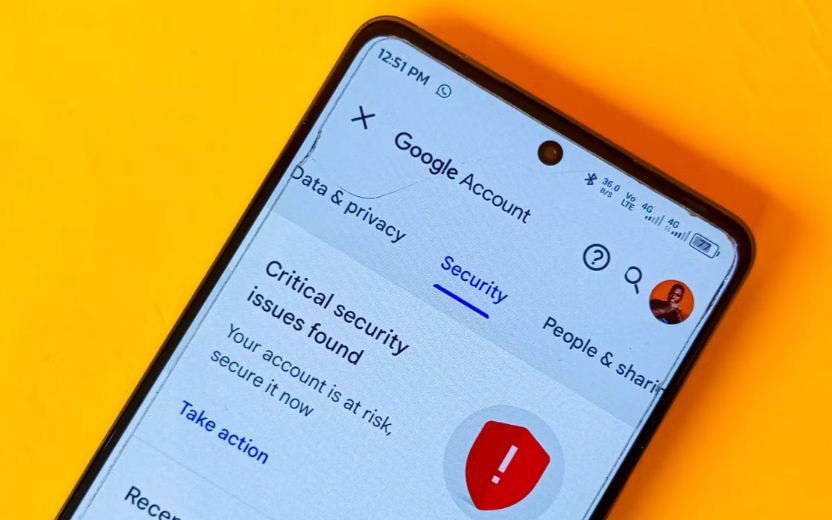Google Chrome, one of the most popular web browsers, has taken a strong stance against third-party cookies to enhance user privacy and security. However, a recent discovery has unveiled a new vulnerability that puts Google accounts at risk, even if passwords are changed. This vulnerability allows hackers to exploit session cookies, which are used for user authentication, providing unauthorized access to Google accounts while bypassing passwords altogether. Disturbingly, this zero-day vulnerability is actively being targeted by at least six malware groups. The latest news in Android reveals about dangerous new malware break into Google accounts.
Session cookies play a vital role in web browsing by allowing the browser to remember user activities, such as items added to a shopping cart, form data, and login status. Unfortunately, the same cookies that facilitate convenience also serve as insidious gateways for dangerous malware to infiltrate personal information and banking details. Although Google Chrome is intensifying its crackdown on third-party cookies, the recent discovery of this cookie vulnerability leaves Google accounts vulnerable even after taking the precautionary step of changing passwords. To exacerbate the situation, at least six malware groups are actively involved in selling this exploit.
Presently, these session cookies represent a zero-day vulnerability that is being exploited by numerous malware developers. Consequently, individuals may find themselves compromised without any immediate means of detection. This concerning revelation highlights the importance of continuous vigilance and reinforces the idea that online security is an ongoing battle.
In News release, while Google Chrome is making commendable efforts to restrict third-party cookies, the recent cookie vulnerability presents a significant threat to Google accounts. With the ability to exploit session cookies and bypass passwords, hackers are able to gain unauthorized access, endangering the personal information and finances of users. It is imperative that individuals remain aware of these risks and adopt comprehensive security measures to mitigate the potential damage. By being proactive and staying informed, users can better protect themselves in an increasingly perilous digital landscape.

